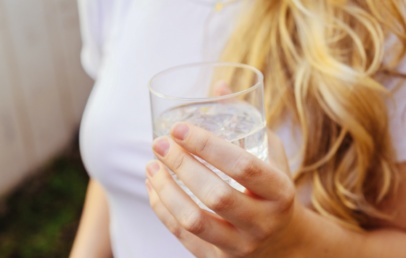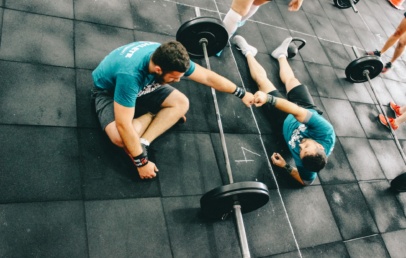
How many wonders can one fruit hold?
Fun fact: the whole thing about monkeys liking bananas? Total myth. Domestic bananas don’t grow anywhere near monkeys’ natural habitats, and they don’t glean the same nutritional content from them that we do. Even to this day, no one actually knows how the monkey/banana thing got started, though some theorize the blame lies with Curious George. That’s fine, though; if monkeys don’t eat bananas, that just means more bananas for us, and you want more bananas.
Bananas are the ultimate natural workout snack. They’re packed with exercise-centric vitamins and nutrients, and besides that, they just taste good. Y’know some Starbucks locations will mix a banana into your drink if you ask? You totally should, it’s good. But I digress.
Bananas are high in natural carbohydrates, with about 27 grams of the stuff in a single medium-sized banana. As any exercise enthusiast knows, carb-loading before exercise can help you to keep going for longer, which is good for things like long-distance biking. Plus, some of those carbs are in a fibrous form, which slows down the absorption of sugar in your bloodstream. Fiber’s also good for the digestion, so a banana won’t give you a tummy ache. If you’re on a low-carb or keto diet, then obviously, that’s not as good of an idea for you, but otherwise, a banana can give you a good head-start.

The thing bananas are probably most well-known for is their potassium content. A single banana can get you between 10-14% of your recommended daily dose of potassium. You definitely want that, as potassium helps control fluids and blood pressure, as well as muscle health. If you’re prone to muscle cramps, you might have a potassium deficiency. Since most of the body’s potassium is lost in sweat, you want to have a potassium-rich food handy to replenish whatever you burn off.
So if you want to have a better work out, be, I guess, unlike a monkey, and have yourself a banana.




